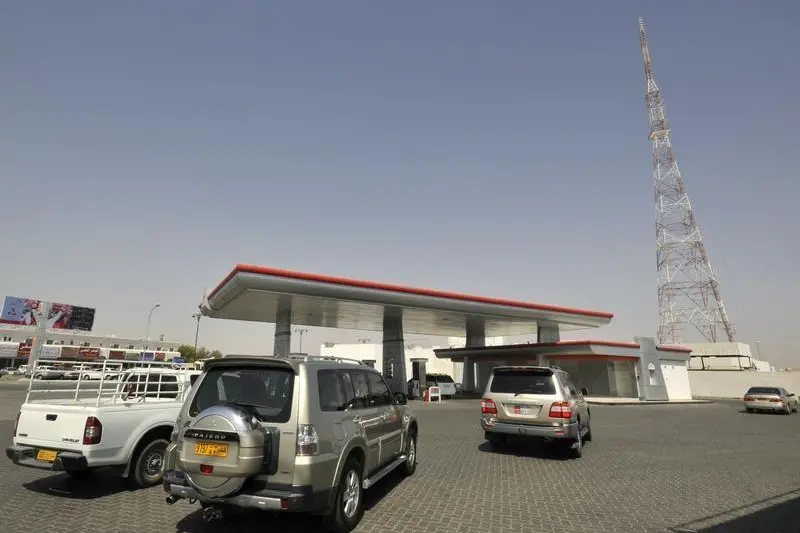PHOTO
Sunday, Jul 24, 2016
Muscat: Residents in Oman are increasingly opting to buy fuel-efficient vehicles amid the plunge in oil prices, according to experts.
Oman’s automobile market has witnessed a higher demand for smaller and more fuel-efficient cars instead of gas-guzzling SUVs.
According to the National Centre for Statistics and Information (NCSI), the number of private vehicles registered stood at 1,326,254 vehicles by the end of May, declining by 3.3 per cent compared to the same period in 2015.
Nasser Al Balushi, a marketing automobile expert, told Gulf News demand to buy cars has sharply dropped across the country.
“Despite attractive offers from automobile companies, many people are reluctant to buy new cars in the current situation,” he said.
Saud Al Mashari, a sales manager at an automobile agency, said that he noticed fewer new cars on the roads.
He confirmed that his customers are looking to buy more fuel-efficient cars.
Mustafa Al Hatmi, an engineer, told Gulf News that he sold his four-wheel-drive SUV and bought a 4-cylinder vehicle to reduce fuel spending. “I can save six rials (Dh57.22) every week now. I spend only 20 rials every month compared to 44 rials when I had the 4-wheel-drive vehicle,” said Al Hatmi.
“We have families to take care of. We have loans to pay. So We have to think carefully how to spend our salaries,” said Rashid Al Azani, another consumer.
Brand new SUV vehicles are collecting dust in automobile shops, despite very attractive offers.
The vast majority of Omanis surveyed said that the increase in fuel prices has had an effect on them, and almost half say it has had a significant effect on them and their families, the National Centre for Statistics and Information (NCSI) revealed.
Forty-five per cent of Omanis said in June that the rise in fuel prices has had a significant effect on them, compared to 24 per cent in May.
The figures showed that 38 per cent of Omanis have been slightly affected by the increase, while 17 per cent said they have not been affected at all, according to the NCSI.
Moreover, 44 per cent of Omanis have changed or they are thinking of changing the grade of fuel they purchase at the pumps.
Furthermore, 34 per cent of Omanis believe that altering the fuel prices has a negative impact on the country’s economy.
The fuel prices have witnessed a staggering 50 per cent hike in June and July compared to January, when the fuel prices were reviewed.
The price of super grade petrol (M95) is set at 180 baiza (Dh1.72) per litre, that of regular petrol (M90) is at 170 baiza per litre, and diesel costs 188 baiza in July, according to the Ministry of Oil and Gas.
The price of super grade petrol was 160 baiza per litre, regular petrol was 140 baiza per litre and diesel was 160 baiza per litre in January.
Before increasing fuel prices by mid-January, the price of super grade petrol was 120 baiza per litre, regular petrol was 114 baiza per litre and diesel was 146 baiza per litre.
Oman is following in the footsteps of all other Gulf states, which have revised fuel prices lately amid a slump in oil prices.
Subsidies on petroleum products, including petrol and diesel, are estimated to have cost Oman 900 million rials (Dh8.56 billion) in 2015, compared to 840 million rials in 2014.
By Fahad Al Mukrashi Correspondent
Gulf News 2016. All rights reserved.





















